صفحه انگلیسی روزنامه اعتماد در مورد توقف اجرای داوطلبانه پروتکل الحاقی+ عکس
صفحه انگلیسی روزنامه اعتماد در مورد توقف اجرای داوطلبانه پروتکل الحاقی منتشر شد.
اعتمادآنلاین|
The suspension of the voluntary implementation of the Additional Protocol
Time for Action
Deadline for lifting the sanctions
Despite the opposition of the Iranian government, the passage of the Strategic Action Law in parliament has set a deadline for the Iranian diplomats of the government, and of course the troika of Europe, Russia, China and the US. Some critics have described the passage of the law as disregard for Iran-US diplomacy and opportunities to improve relations. However, the lawmakers continue to insist on enforcing the law. In this regard, Alireza Zakani stressed the need to implement the parliament's Action Plan in his midterm speech:
"With the necessary sagacity, the parliament approved the Strategic Action Plan for the lifting of the oppressive sanctions, based on the step-by-step implementation of the nuclear capabilities and the recourse to the new abilities. If it is the case that the US, Britain, France and Germany do not move on, they will see Iran's farewell to the Additional Protocol in March and the departure of the IAEA observers in addition to what we have announced in the NPT. Therefore, the JCPOA knot will be opened only with the lifting of sanctions and the initiative of parliament opening the field of action for the country's officials." Emphasizing that 'lifting of the sanctions is the prerequisite of JCPOA survival', Zakani added, "The era of fooling nations and imposing insults on them is over. At least it will not be repeated for the Islamic Iran."
Hidden Diplomacy
Afshar Soleimani
If the US does not lift the sanctions against Iran by 21st February 2021, which it will not, the Islamic Republic of Iran will suspend the voluntary implementation of the Additional Protocol by implementing a passage for its parliament. From that date forwards, Iran will only cooperate with the International Atomic Energy Agency (IAEA) in the framework of nuclear safeguarding and the Nuclear Non-Proliferation Treaty (NPT). If everything goes according to plan, the quantitative and qualitative level of the IAEA's inspections of Iran's nuclear activities will not be the same as in the years after the implementation of the Joint Comprehensive Plan of Action (JCPOA), and it seems that this measure will impose more limitations on Iran.
The steps that Iran has taken as a result of the US's withdrawal from the JCPOA in the last year and a half, including uranium metal production, increasing the amount and percentage of uranium enrichment, and other measures, have been protested to by other JCPOA members and the US. In addition, the final step, which will be taken on 21st February, could lead to greater US convergence with Europe, Russia and China on the Iranian nuclear issue. The continuation and deepening of such convergence could lead to further sanctions against Iran, the resumption of EU sanctions, and the possibility of referring Iran's nuclear case to the Security Council, repeating the adoption of new resolutions against Iran.
Although Iran is insistent on the return of the US to the JCPOA and the lifting of sanctions due to the violation of UN Security Council Resolution 2231 is a legitimate position, the truth is that the international system does not revolve around rights and justice, but around all-round power and competition. Continued tensions in the Iran nuclear case, between Tehran and other members of the agreement, and the insistence of Tehran and Washington in their announced policy to take the first step by the other side, will cause further freezing of this case, resulting in great losses for the region and the rest of the world. It goes without saying that the continuation of this impasse can have many side effects on the economic situation of Iran and the livelihood of the Iranian citizens.
Given the internal and external constraints of both countries in decision-making, the low cost and beneficial strategy is to use covert diplomacy at the beginning, as has been done in the past, and provide a platform for open diplomacy to continue on the next steps. In the form of covert diplomacy, the US and Iran can agree on reciprocal steps. Many plans are currently being proposed to break the deadlock of the JCPOA, including one which asks the US to consider exemptions for two or three oil-buying countries and provide a situation where Iran can receive the money of its oil exportation. Accordingly, with the start of oil sales and the receipt of money, Iran can return one of its actions on the nuclear issue to the conditions set out in the IAEA Board.
Based on this proposed plan, in the second step the US can provide facilities for Iran to receive its blocked money in different countries. In return, Tehran can reverse another of the steps taken. Meanwhile, accepting Iran's request to receive a loan from the International Monetary Fund (IMF) could be another positive step by the US administration. In this plan, the continuation of the steps of the two sides in a step-by-step manner could lead to both the resuscitation of the JCPOA and provide the space for bilateral and multilateral negotiations on the remaining issues.
Expectations and Concerns
Hassan Beheshtipour
The United States and European countries have long expressed their concern about the development of Iran's nuclear industry, arguing that this development could lead to the development of a nuclear bomb. This unwarranted concern is expressed despite all of Iran's nuclear activities being carried out under the monitoring of the International Atomic Energy Agency (IAEA). If Iran's activities had been undertaken out of the sight of the IAEA inspectors, they might have been able to claim that Iran was seeking nuclear weapons, but now that all activities are reported to the Board of Governors every three months, such a claim is virtually groundless.
Under these circumstances, while there is no rational reason to be concerned about Iran acquiring a nuclear bomb, if Western countries, particularly the US and the European Troika, were genuinely concerned that Iran was following a path other than a peaceful one in pursuit of increasing its reserves and capabilities in the nuclear industry, there is a simple and practical solution in front of them. By returning to the Joint Comprehensive Plan of Action (JCPOA) and fulfilling its obligations under the agreement, they can persuade Iran to return to fulfilling its obligations under the nuclear deal. If this action is not taken by the other side in the short term, Iran must suspend the voluntary implementation of the Additional Protocol, according to the resolution of the Iranian Parliament. Therefore, such an act cannot be an excuse to accuse Iran of illegal activities.
At present, the Iranian government implements the Additional Protocol voluntarily but, under international law, the acceptance of the Additional Protocol will be considered a permanent agreement only when it is approved by parliament or the supreme legislative body in the given country. According to the JCPOA, whenever the other parties fulfil their obligations and the IAEA declares 'white' status in Iran, the Iranian parliament will reciprocally approve the implementation of the Additional Protocol.
Declaration of the 'white' status is when Iran's case is no longer on the Board of Governors and the IAEA declares that it is monitoring all of a country's nuclear activities, both announced and unannounced. In these circumstances, failure to implement the Additional Protocol as a final obligation under Article 36 of the Nuclear Non-Proliferation Treaty (NPT) shall not be considered a breach of the agreement.
On the other hand, abandoning the implementation of the Additional Protocol does not terminate the IAEA's monitoring. The continued monitoring of Iran's nuclear activities is on the basis of the NPT as the parent agreement and their executive arrangements, which was an agreement between Iran and the IAEA signed in 1973 and is still valid.
If the Iranian government implements the resolution of the parliament following the delays of the other side, the IAEA will continue to monitor the activities of Iran, although there will be some differences in this regard. For instance, if Iran was obliged to notify the IAEA of any nuclear project from the design stage, and notify it of the adequacy of all the design steps to the implementation of a nuclear project, based on the Additional Protocol and the terms and procedures of the NPT, it must notify the Agency six months before the initiation of the project.
It is not possible for the US, as a violator of the JCPOA and a country that has illegally withdrawn from the nuclear deal, to expect the Islamic Republic of Iran to fulfil all its technical and regulatory commitments without benefiting from the implementation of commitments by the other JCPOA members. If the US and European countries have concerns about increasing Iran's nuclear activities, as well as reducing the level of monitoring and the access of IAEA inspectors in the event of the voluntary implementation of the Additional Protocol, the only solution is to show goodwill and take the first step back to fulfil their commitments under the JCPOA. In return, it is agreed that Iran will also have sufficient incentive to fulfil its obligations.
There is no ambiguity about these commitments either because, since the withdrawal of the US, the EU has acknowledged its eleven commitments in official letters and this official document is still valid. Iran has repeatedly stated that if the other side implements its obligations Iran is ready to fully return to its obligations and, if this happens, the interests of both parties will be served. However, why does this not happen?
It is because the Europeans and the US, while expecting Iran to abide by all its obligations, are not willing to fulfil even one of their obligations. Their purpose is to use this leverage to force Iran to retreat on missile and regional issues and to prevent it from having any strategic support. That is why they are constantly delaying their return to the JCPOA under false excuses and preventing Iran from accessing its financial resources.
At the same time, it cannot reduce the pressure of sanctions on Iran and its citizens as this can only lead to a multilateral loss. Despite the unfounded concern of the Western side which only aims to increase pressure on Iran, the Iranian officials should not take measures to abolish the voluntary implementation of the Additional Protocol, which will result in the establishment of an international consensus against Iran and the destruction of the political-security achievements of the JCPOA.
If Iran steps towards reducing the IAEA monitoring and cancels the implementation of the Additional Protocol, countries, such as Russia and China, that have supported Iran's position to date, will change their position and stand up against Iran. Although the Iranian authorities may have seen fit to take such a step if the other side made an excuse to undertake its commitments, the author believes that building a consensus against Iran-first in the IAEA Board of Governors and then in the UN Security Council-is not a logical strategy and it can lead to the loss of Iran's top political position as well as increased pressure on the country.
The objection to this strategy is backed on the experience of the period before the signing of the JCPOA, in addition to the fact that it is not possible to achieve the goals set in this way, such as neutralizing sanctions and reducing economic pressure. It is quite possible that a number of the countries that have supported Iran's position, stand against Iran. In addition to prevention, Iran must pursue an active, rational, and dignified diplomacy to strengthen its economy, and only then can we hope to break the current stalemate.

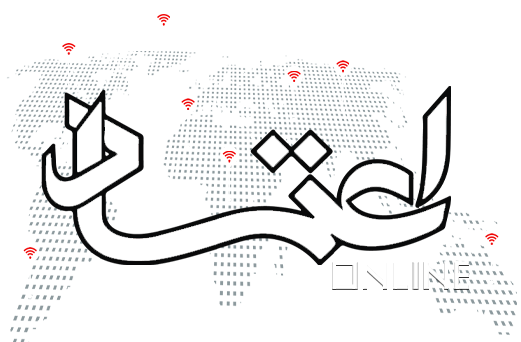



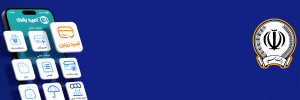


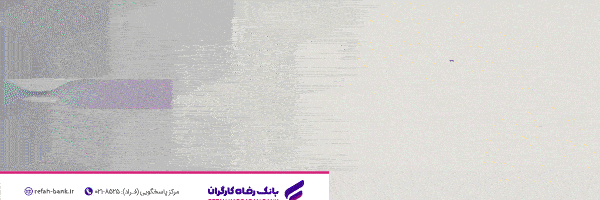
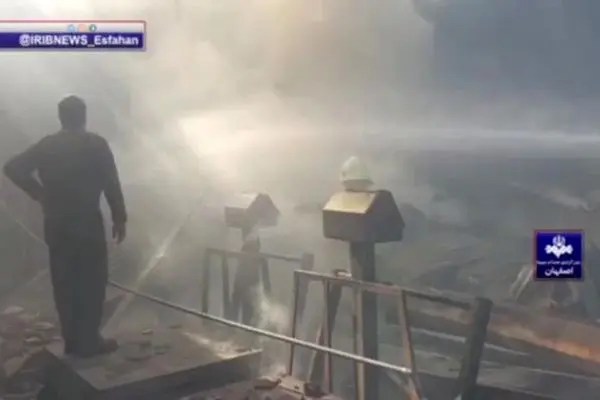
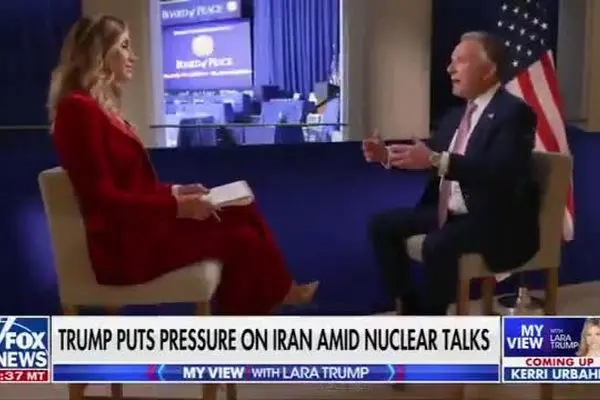
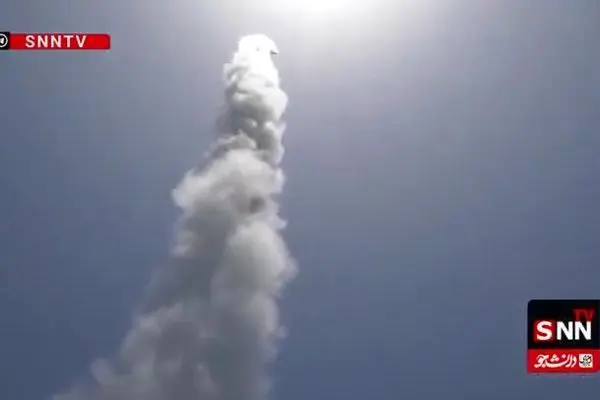
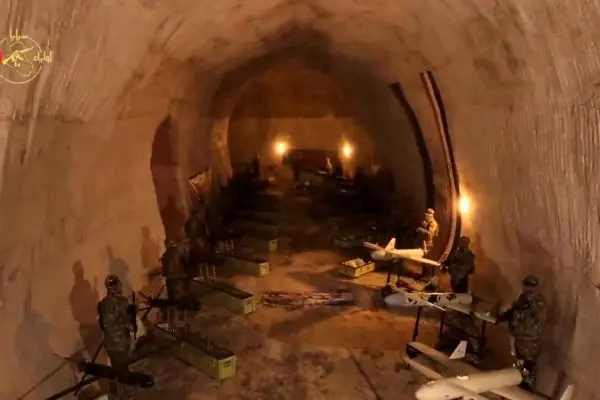

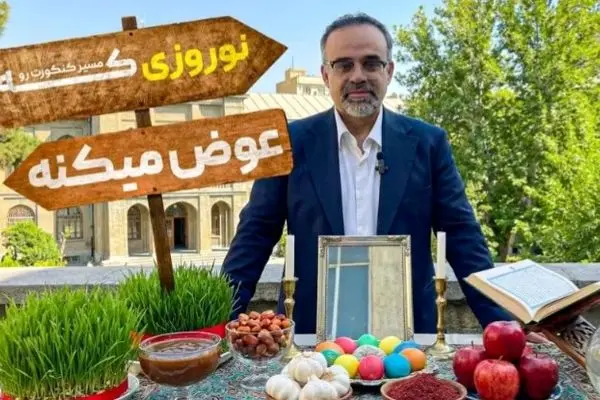

دیدگاه تان را بنویسید